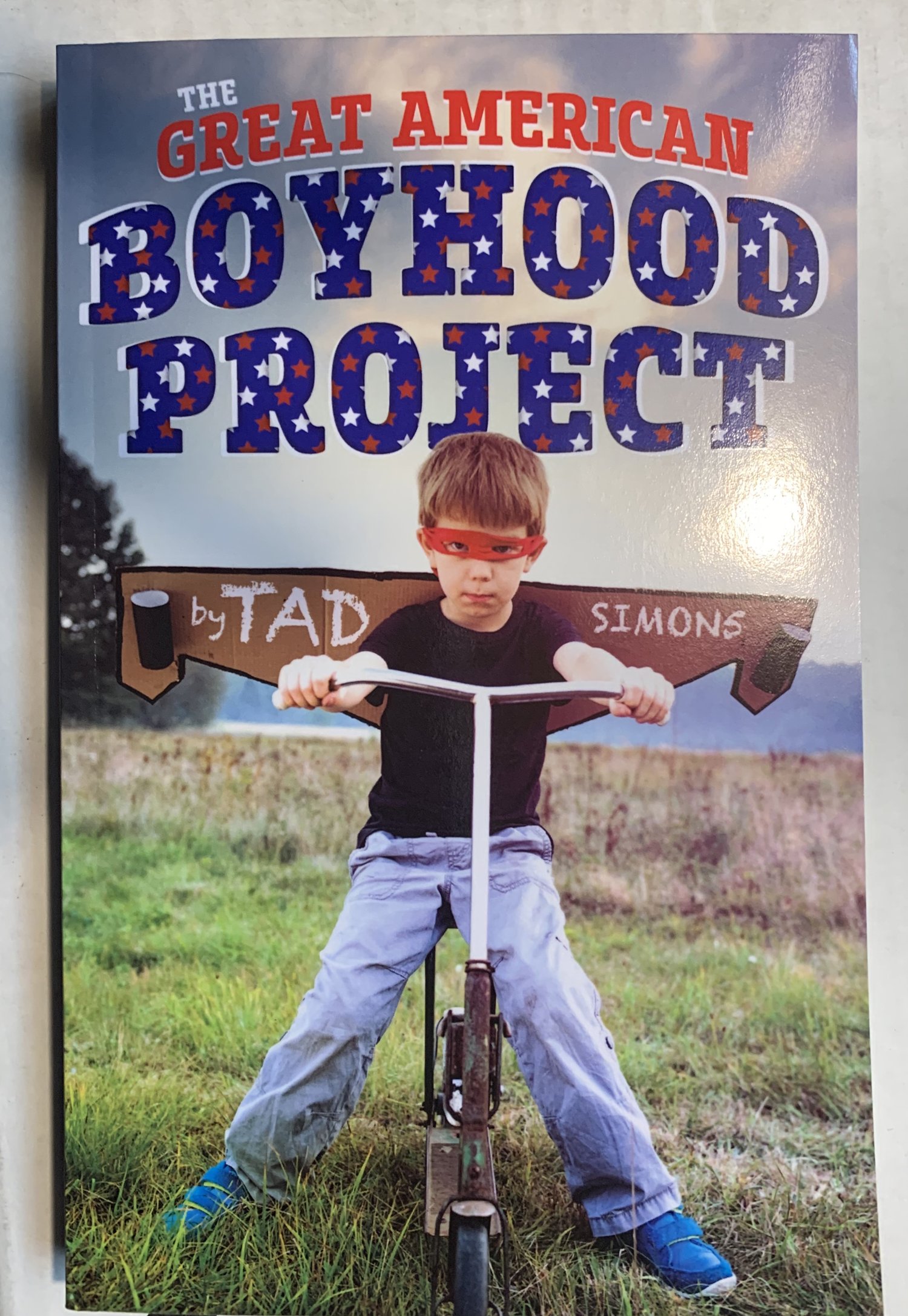Pembroke Press editors are protesting poor "treat"ment by management.
Top editors at the highly regarded St. Paul publishing house Pembroke Press are in a dispute with management over their employment contract. The editors claim that management is not meeting its contract obligations, and that the press’s work is suffering as a result. Rather than put out an inferior product, the editors have vowed to put out no product at all until the dispute is resolved.
“Our contract clearly stipulates that we are entitled to a variety of tasty treats every ninety minutes,” says head editor Sarge “the Sergeant”. “For months now, we’ve only been getting half a cracker two or three times a day, tops.”
According to Pembroke’s management, the treat cut-backs are not a cost-saving measure, they are “for the editors’ own good” in order to control their weight and encourage them to be more productive. Pembroke’s editors consider this argument a red herring—one that, incidentally, they aren't allowed to eat.
“We hit the dog park three times a week and go for walks practically every day,” says assistant editor Mojo “the Emoji,” who has worked at Pembroke for three years. “Now they’re telling us that’s not enough—that we have to run more in order to ‘earn’ more treats! It’s ridiculous. We’re corgis, not greyhounds.”
Until the editors’ demands are met, all work at Pembroke is scheduled to stop. “It’s August. It’s hot. We’re tired. It’s a good time stage a protest,” says the Sergeant. “Maybe we’ll get back to work in the fall. Who knows? Who cares? It’s not up to me—it’s up to them.”
Management’s lawyers are currently reviewing the treat-allocation clause in the editors’ contracts, and say they will soon put a counter-offer on the table, close enough to the edge for the editors to reach it.###

